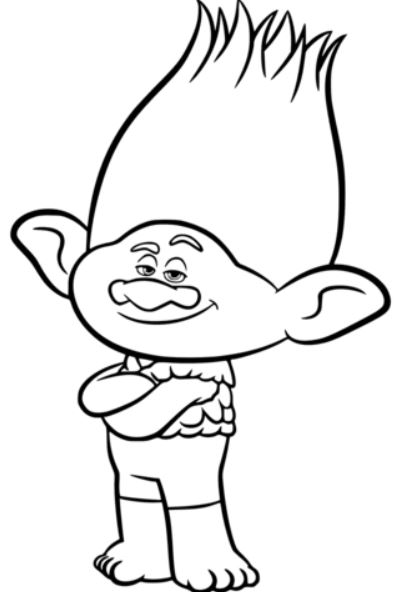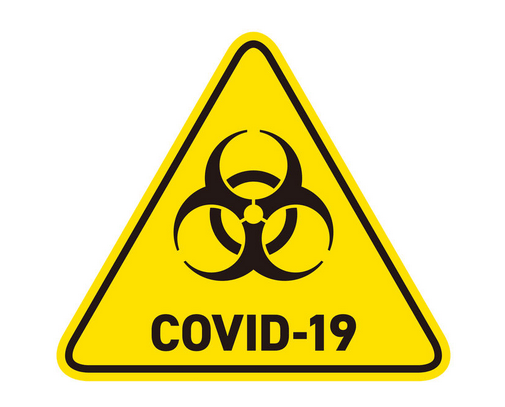Book 1 – WHO THE HELL IS HARRY BLACK – Jake Needham (free with Kindle Unlimited) Samuel Tay is a retired Singapore detective. This is book seven in his series. Sam, now prematurely retired, occasionally trades favors with a shady CIA agent and has a crush on a blonde assassin. These books are pure escapist fun. Rating 7.5/10
Book 2 – THE POPPY WAR – R.F. Kuang (Audible) An epic fantasy set in a fictionalized Asiatic world. Rin, a young girl from the hinterlands, tests her way into the most elite military school in the nation, with all the usual prejudices. This is a story rife with magic, sorcery and forbidden knowledge. Highly entertaining, however there were a few surprises that were a little extreme for my delicate sensibilities. <wink> Book One of a trilogy. Rating 8/10
Book 3 – THE SPY COAST – Tess Gerritsen (Kindle Unlimited free read and listen) A handful of former spies retire to the solitude of rural Maine. Life is good until a data breach at the CIA resurrects an old case and the body count starts rising. The author did an excellent job leaving mysterious bread crumbs. I was surprised and delighted with the way this story ends. I really hope she brings back these characters for an encore. Took a slight hit for melodrama, but the action made up for it. Rating 9/10
Book 4 – AN UNQUIET MIND – By Kay Redfield Jamison. A leading expert on the treatment of bipolar disorder gives an unflinching look at her own experience with the affliction. Not a fun read, but a short one. Informative, easy to understand. Rating 6.5/10 (the rating takes a slight hit for the narration, which was done by Dr. Jamison)
Book 5 – WRITING DOWN THE BONES – Natalie Goldberg. (Audible) This is my first re-read of the new year. I remember being enamored with this book the first time I read it (1990?). It stands the test of time as one of the best books on writing and creativity. It’s not a how-to book, but more a collection of anecdotes about the writing life. Natalie is a Zen Buddhist who treats her writing as a “practice,” just as a monk practices at meditation. Even thirty years after my first read, I remember thinking how cool it must be to live in Taos NM. This 20th anniversary audio edition is a fun concept. The author reads her book and at the end of each chapter she gives her thoughts on the content. The best part of this version: you can click on any chapter and listen to a short anecdote, followed by the authors short reaction. You don’t need to be a writer or artist to enjoy this book, but here’s a warning. Doing so might inspire you to find your unique voice in life. 8/10
Book 6 – BRAIDING SWEETGRASS is like reading a half dozen works at once. Robin Wall Kimmerer is an amazing writer and thinker.If you are interested in Native American myths and lore, plant and animal biology, reciprocity, or just a good story… This is the book for you. She reminds me of Louise Erdrich, only better. 10/10
Book 7– THE SUN ALSO RISES – Ernest Hemingway (Audible, read by William Hurt). I previously read this one many years ago. I have a few observations. The book gets off to kind of a slow burn. It seems like William Hurt got a slow start as well. I wasn’t a fan of his narration until about halfway through the book. It strikes me that this book is classic noir. There is a building sense of dread throughout. Hemingway resisted the temptation to kill someone off, and it could be said that a few of the characters would have welcomed that outcome. In all, a great piece of lean writing. 8/10
Book 8 – DRAGON EMPEROR -RF Kuang (Audible) Book 2 of the Poppy War trilogy. Continuation of Rin’s Hero’s Journey. Good action, heightened tension. The ending was a little rough. I could tell she was trying to tee up book three. 7.5 out of 10.
Book 9– NOISE- A FLAW IN HUMAN JUDGMENT – Kahneman, Sibony, Sunstein (Audible). I’ll preface this by saying I love the way Kahneman thinks. His epic, THINKING FAST AND SLOW was a genius work on the way the brain functions when making decisions. NOISE is an extension of that work that deals with why two people, say two judges, have very different outcomes for the same problem. A defendant comes before two judges. The circumstances of the case are fixed, yet one judge gives him probation and the other gives him 20 years. It explains the different ways we collect and process data, and how timing is indeed everything. While I prefer THINKING over NOISE, this was an insightful read. 7/10
Book 10– THE MOUNTAIN IS YOU – Brianna Wiest This book is brilliant. It’s a common sense, plain language blueprint to transforming our blockages into strengths. If you are interested in “shadow work” this book gives real work examples of ways we self sabotage and prevent our best selves from coming through. 9/10
Book 11– THE HEAVEN & EARTH GROCERY STORE by James McBride. We’re still early in the year, but this could end up Top Book of the year. McBride has created an unforgettable cast of characters. It heartwarming and heartbreaking in one gulp. The ending had me crying like a baby on the LA Freeway. 11/10
Book 12– NORTH TO PARADISE by Ousman Umar. True story of the author’s journey as a young boy from Ghana to Spain. Human traffickers stole their money and left them for dead in the Sahara. Inspiring to the max. Short read. 8/10
Book 13 – FINDING ME by Viola Davis. Simply a tour de force autobiography. Ms. Davis exposes her authentic self for all of us to see. That she ascended to the highest levels of stage, movies and television is nothing short of miraculous. It’s a testament to talent and willpower. After listening to this audiobook I will forever be a fan. Good Lord what a book. 10/10
Book 14 – SHE RIDES SHOTGUN by Jordan Harper. Contemporary American Noir. This is a shorty but goody. A prison parolee is marked as a “zombie walking” when he hits the streets. His ex and daughter also have targets on their backs. What does he do? Kidnaps his daughter and fights back. What follows in a sometimes hair-raising, sometime hilarious romp through white powergroups, corrupt cops and Mexican cartels. Highly recommended. 8.5/10





